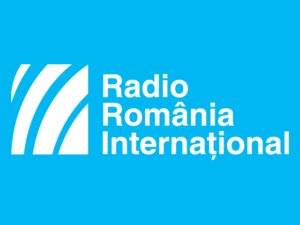Romania, France and Germany are supporting Moldova, affected by the Russian-Ukrainian conflict.
The war waged by Russia against the neighbouring Ukraine is also impacting the Republic of Moldova, which has become collateral victim, as it bears the destructing consequences of this conflict, on a number of levels. A former Soviet state, with mostly Romanian speaking population, Moldova, which neighbours Romania, has to deal, among others, with frequent power outages. Therefore, Romania, France and Germany are giving this country a helping hand, so that it can cope with the challenges of a winter that will be hard for its citizens.
Romanian Foreign Minister, Bogdan Aurescu, co-chaired on Monday in Paris, alongside his French and German counterparts, Catherine Colonna and Annalena Baerbock, respectively, the third Ministerial Conference of the Support Platform for the Republic of Moldova, also attended by French President Emmanuel Macron and Moldovan President Maia Sandu. Special emphasis was laid on the energy crisis that is highly affecting Moldovan citizens and the country’s economy.
Moldova will receive international aid worth 100 million euros, to be able to deal with the consequences of the war in Ukraine, such as the energy crisis and the large number of refugees, but also to continue reforms with a view to joining the EU, President Macron said. Romanian Foreign Minister Bogdan Aurescu mentioned in the context Bucharest’s direct financial support for Moldova, worth 10 million euros, funds which were transferred in October and its prompt action meant to ease the delivery of electricity as of October 14. He also said that, out of a 100-million euro assistance package, Romania plans to pay, by year-end, a first tranche of 25 million euros in the form of grants for the implementation of programmes in the field of education, for regional development and public utility services.
“Never, in recent history, has the Republic of Moldova needed the international community’s support as much as it does now”, Bogdan Aurescu said, adding that Russia’s brutal war against Ukraine is the main engine of the energy and economic crisis Chisinau is faced with. Moreover, this war has surfaced multiple vulnerabilities of Moldova in terms of economy, social-political aspects and its resilience and defence capacity, Aurescu said.
In turn, Moldovan President Maia Sandu denounced Moscow’s energy blackmail in response to Chisinau having chosen the European path and its stand in support of Ukraine and against Russian aggression. “As EU candidate country, we will make progress on the accession path, including in terms of energy, to speed up transition to green energy,” Maia sandu said.
(Leyla Cheamil, Radio Romania International)










